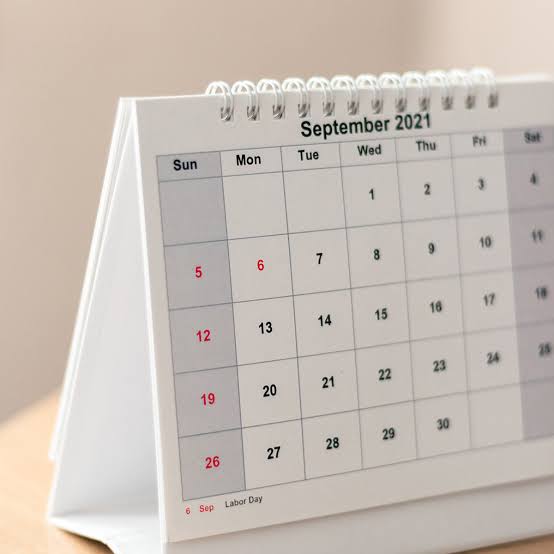On September 2, 2024, as you flip through your digital calendar or glance at the trusty desk calendar hanging on your wall, take a moment to appreciate the hidden history behind this seemingly ordinary day. **Calendar Adjustment Day** isn’t just about making minor tweaks to your schedule; it commemorates a pivotal moment when the entire calendar system underwent a transformation. Let’s dive into the fascinating story of lost days, civil unrest, and the shift that forever altered our perception of time.

The Gregorian Calendar: A Necessary Shift
The British Calendar Act of 1751
In the mid-18th century, the world operated on different calendars. The Julian Calendar, which had been in use for centuries, was gradually falling out of sync with astronomical events. To address this, Pope Gregory XIII introduced the Gregorian Calendar in 1582. However, its adoption across Europe was gradual, and by the early 1750s, two calendars coexisted: the Julian and the Gregorian.
The Missing Days
In Britain, the situation reached a tipping point. The British Parliament passed the Calendar (New Style) Act 1750, commonly known as the British Calendar Act, which aimed to align the country with the Gregorian Calendar. But this transition wasn’t as straightforward as flipping a switch. It required omitting 11 days from the calendar to synchronize with the proposed changes.
September 2, 1752: A Peculiar Morning
On the night of September 2, 1752, the residents of Britain and the American colonies went to bed as usual. But when they woke up the next day, it wasn’t September 3—it was September 14! Those 11 days vanished from existence. Imagine the confusion, the disorientation, and perhaps even a touch of existential crisis as people adjusted to this temporal leap.
Rioting and Civil Unrest
The calendar adjustment wasn’t universally embraced. Many felt cheated, demanding their 11 days back. Rioting erupted in some areas, with people shouting, “Give us our 11 days!” They believed that their lives had been shortened by this abrupt temporal surgery. Holy days and holidays, including Easter, were now celebrated on “incorrect” dates, causing further discontent.
Old Style vs. New Style
To avoid confusion, colonial records used the terms “Old Style” and “New Style” to differentiate between dates. These dates were denoted by a slash mark (/). For example, September 2, 1752, became September 14, 1752, in the New Style.
The Calendar Adjustment Timeline
- 1582: Pope Gregory XIII introduced the Gregorian Calendar in 1582.
- 1582–1751: During the period from 1582 to 1751, Europe operated with two calendars—the Julian and the Gregorian.
- 1751: The British Calendar Act initiated changes in 1751.
- 1752: In 1752, the calendar skipped the days between September 2 and September 14
Observing Calendar Adjustment Day
How can you honor this quirky historical event?
Buy a New Calendar: Sure, we rely on digital calendars these days, but there’s something charming about a physical desk calendar. Treat yourself to one and mark September 2 as a day to remember.
Reflect on Lost Time: Consider those 11 vanished days. What would you have done with them? Perhaps it’s a reminder to cherish the present, even if it’s a seemingly ordinary day.
Share the Story: Tell your friends and family about Calendar Adjustment Day. It’s a conversation starter that bridges the gap between history and our daily lives.
Conclusion:
Calendar Adjustment Day on September 2, 2024, serves as a reminder of the importance of accurate timekeeping and the impact of calendar adjustments on our lives. By embracing this unique day, we can foster global unity, appreciate the intricacies of timekeeping, and celebrate the cultural significance of calendars.
CALENDAR ADJUSTMENT DAY FAQS
We lost eleven days when?
The 11 days that fell between September 3 and September 13, 1752, are known as the “lost” days.
Who created the modern calendar that we use?
The Gregorian calendar was officially instituted in 1582, according to Pope Gregory XIII.
Why are there eleven days missing from the September 1752 calendar?
Eleven days separated the Julian from the Gregorian calendar. In order to prevent inconsistencies and precisely synchronize the dates, 11 days had to be skipped when the former was introduced in 1752.
Sandeep Raiza — Content Writer, Website Designer, SEO Strategist, and WordPress Expert AI specialist delivering impactful digital solutions that drive business growth.Combining creative storytelling with technical expertise.




